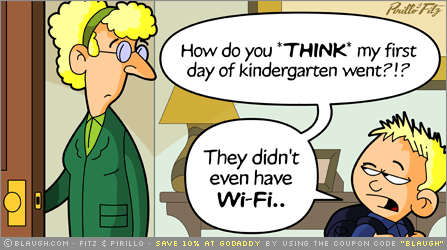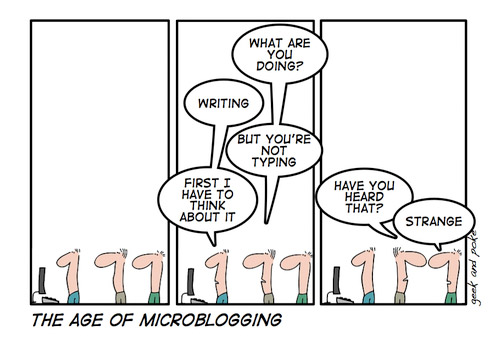The publication about the QR-Codes at the Triple-I Conference is now online available. The slides are already online.
Abstract:
2D barcodes are capable of storing different kind of data. A significant number of new mobile phones come with a built-in camera. These technologies together with the fact that mobile phones are next to the owner most of the time are the foundation of a variety of interesting applications. In Japan more than 75% of all mobile phones do have already a pre- installed barcode reader, that allows the user to decode the incorporated information of a barcode. This procedure can be used to improve the user experience while simplifying the input of data into the mobile device. These 2D barcodes can be used to exchange information between mobile phones and to connect to the mobile web. These days the Western World is gaining interest in this technology. In this paper the most importantThe relevance to print media and the advertising industry is shown.
Reference: Schmidmayr, P., Ebner, M., Kappe, F. (2008) What’s the Power behind 2D Barcodes? Are they the Foundation of the Revival of Print Media?, Proceedings of I-Know08 and I-Media08, 6th International Conference on Knowledge Management and New Media Technology, edited by Maurer, H. and Tochtermann, K.,Graz, p.234-242, ISSN 0948-695x


